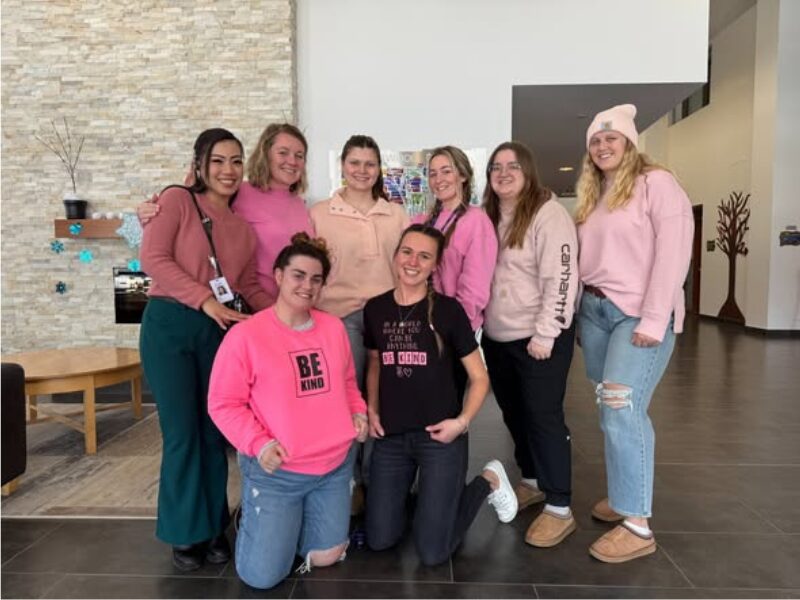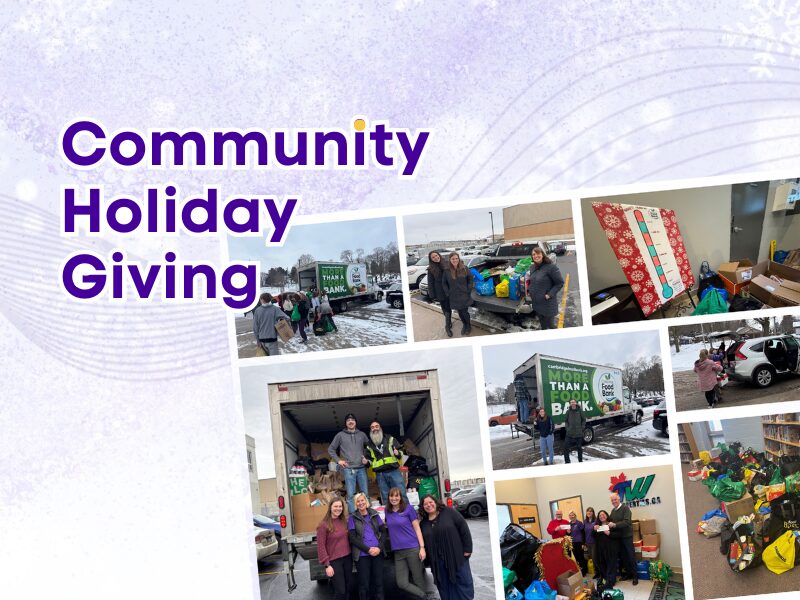What to Do When You and Your Child Disagree


Imagine you are about to celebrate your child’s 21st birthday. What kind of person do you hope they will be? What kind of relationship do you want with them?
These are our long-term parenting goals. Yet, in the commotion of everyday life our responses to short-term challenges can sometimes block these goals. These short-term goals often focus on compliance, we can’t expect our children to grow up to be assertive and good problem solvers if we expect them to always obey without question. After all, good problem solving, and collaboration is an asset in our interactions as adults. We build these skills by teaching our children how to solve problems collaboratively.
How does this work?
- Understand: To come up with a solution that works for everyone, we need be curious about our child’s perspective and understand the ‘why’ without falling into a power struggle. “Hey, I’ve noticed that when I call you for dinner, it’s hard for you to stop your video game and come to the table. Help me understand what’s hard about that.”
- Express Both Sides: Different opinions can both be valid, even if we disagree. We can make decisions we feel are best, and at the same time care about our child’s feelings and reactions. “Two things are true. You want to stay out later, and it’s important to me that we have a curfew. Let’s talk about what isn’t working right now.”
- Invite: Brainstorm possible solutions together that would satisfy both people. Is there a way to negotiate while still maintaining what is important to us?
- Choose a Solution: Choose a solution that is both realistic and mutually agreeable.
- Evaluate: Put it into practice. How did it go? Celebrate small successes and repeat the process if challenges continue.
Looking for more information? Dr. Ross Greene’s approach called Collaborative and Proactive Solutions (https://livesinthebalance.org/) is an excellent framework for navigating conflict-free problem solving with our children and adolescents.
Instagram Feed
"With the help of Starling, I will be heading back to school next week and hopefully starting a new career once my course is complete! I highly recommend Starling for assistance in finding employment or information on training or heading back to school!"












